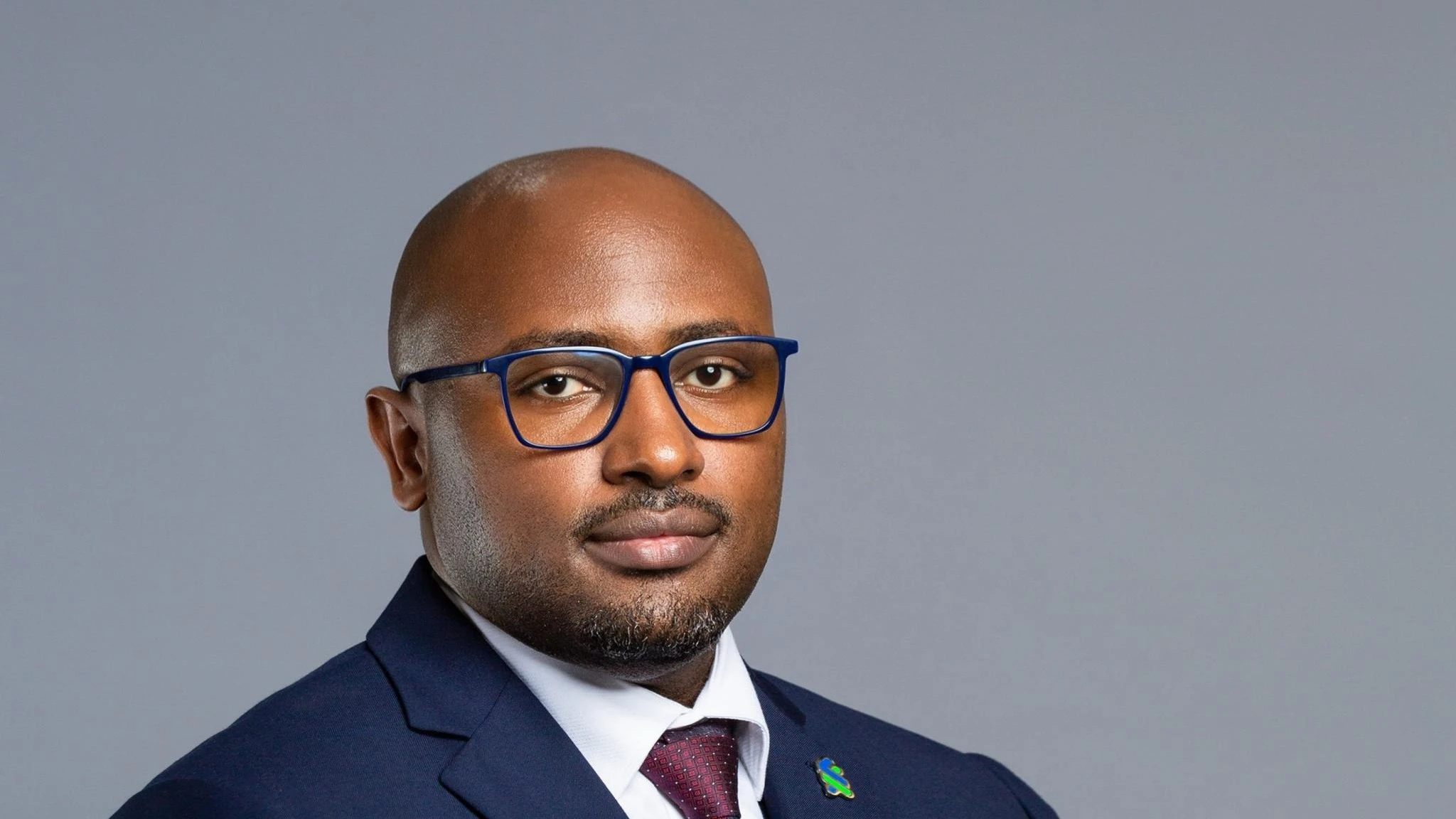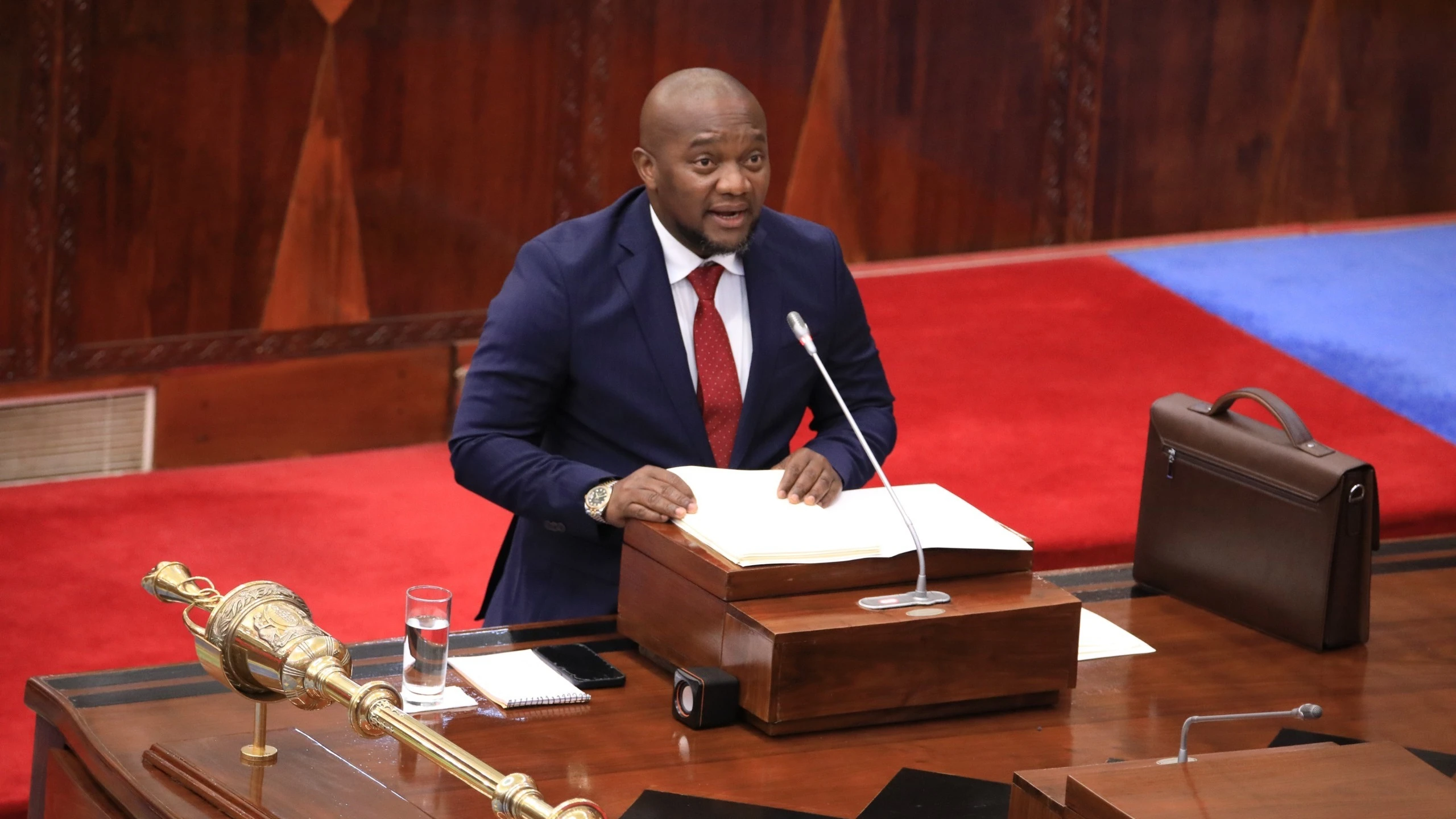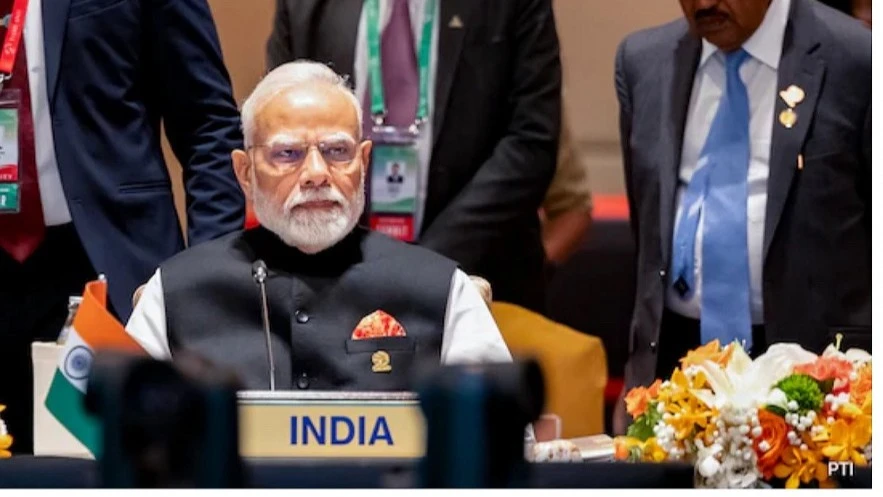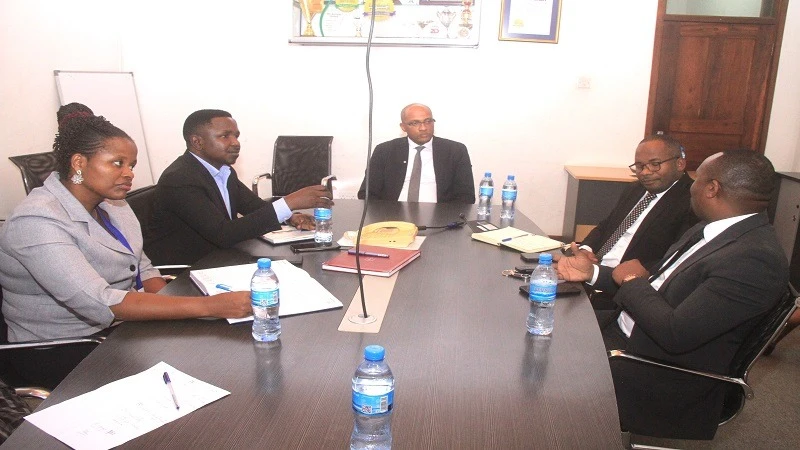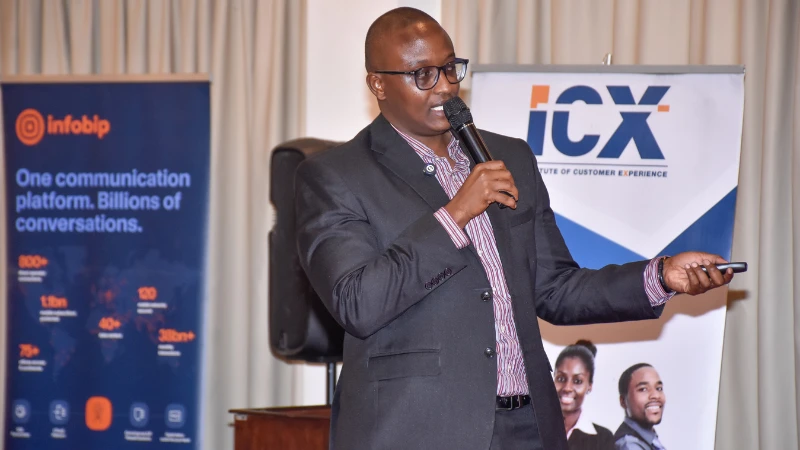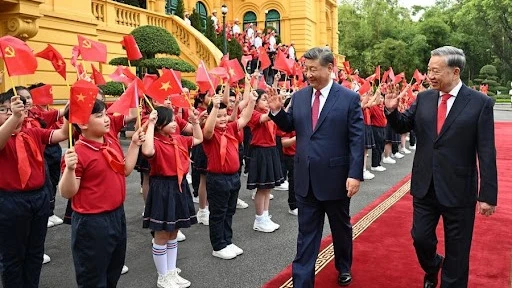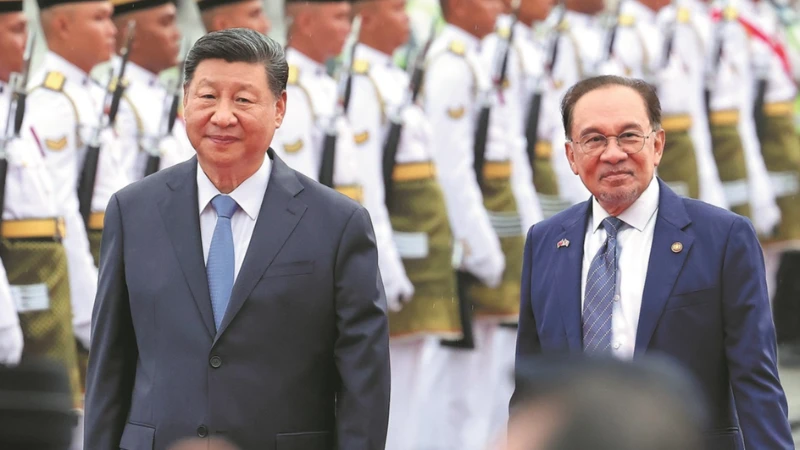US aid cuts: Govt covers half of health funding gap
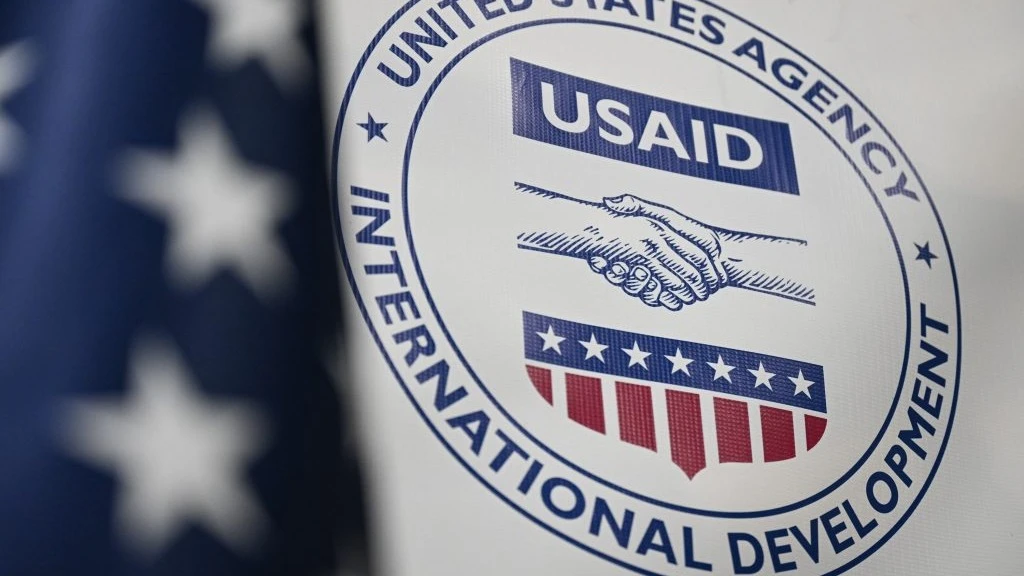
THE government has stepped in to bridge a major funding gap in the health sector following recent changes in US foreign policy that significantly affected development aid expectations.
Dr. Mwigulu Nchemba, the Finance minister, told Parliament yesterday that the government has already disbursed 98bn/- out of the 220bn/- required to sustain key health services that were previously supported by US development agencies.
He was contributing to the 2025/26 budget debate for the Prime Minister’s Office and its affiliated institutions, asserting that President Samia Suluhu Hassan is leading the country through these international policy shifts just as she has steered it through other global disruptions.
"No sector will be left without funding because of these policy changes," he declared, underlining that the government had already started taking action, with an assessment supervised by the prime minister having been completed “and funds have released to close the gap in the health sector."
As the health sector has been the most affected, the government had to reallocate domestic resources to sustain essential health services and programmes, particularly those targeting malaria, HIV/AIDS, and access to diagnostic supplies and medicines, he stated.
As part of its response, the government will prioritize investments in local pharmaceutical manufacturing in the upcoming national development plan and the 2025/26 general budget, he said, explaining that the goal is to enhance self-reliance by producing key medications and reagents locally.
"With the level of investment we’ve made in health, Tanzania is in a position to eliminate diseases like malaria and HIV/AIDS without relying on external support," he stated, affirming that the policy focus is now on building capacity for local production and resilience.
Additional funds will be channelled to the Medical Stores Department (MSD) to bolster its self-sufficiency, with support also extended to the National Health Insurance Fund (NHIF) for the universal health insurance initiative, for sustainable healthcare financing.
Neema Lugangira (Special Seats) had raised questions about government efforts to mitigate the impact of the U.S. policy shift and whether it plans to use next week’s World Bank and International Monetary Fund (IMF) spring meetings in Washington, D.C., to advocate for more favourable debt terms.
The government needs to push for an arrangement where Tanzania repays only the principal on its loans while interest payments are redirected to the health sector, she urged.
The minister affirmed that the government is actively assessing the broader impact of the aid cuts, particularly in sectors where the U.S. has been a key partner through multilateral agencies.
“Our approach going forward includes engaging with international financial institutions to secure more flexible financing terms and ensure critical sectors like health remain protected,” he told the legislature.
The government will also begin disbursing reliable funding for the remaining segments of the standard gauge railway (SGR) from the coming financial year, as part of broader efforts to strengthen infrastructure and support economic growth.
Upon taking office for his second term on January 20, US President Donald Trump signed executive orders suspended foreign development aid for 90 days to review its alignment with US strategic interests.
The move has left many developing countries, including Tanzania, scrambling to cover lost funding, analysts lament.
Top Headlines
© 2025 IPPMEDIA.COM. ALL RIGHTS RESERVED








